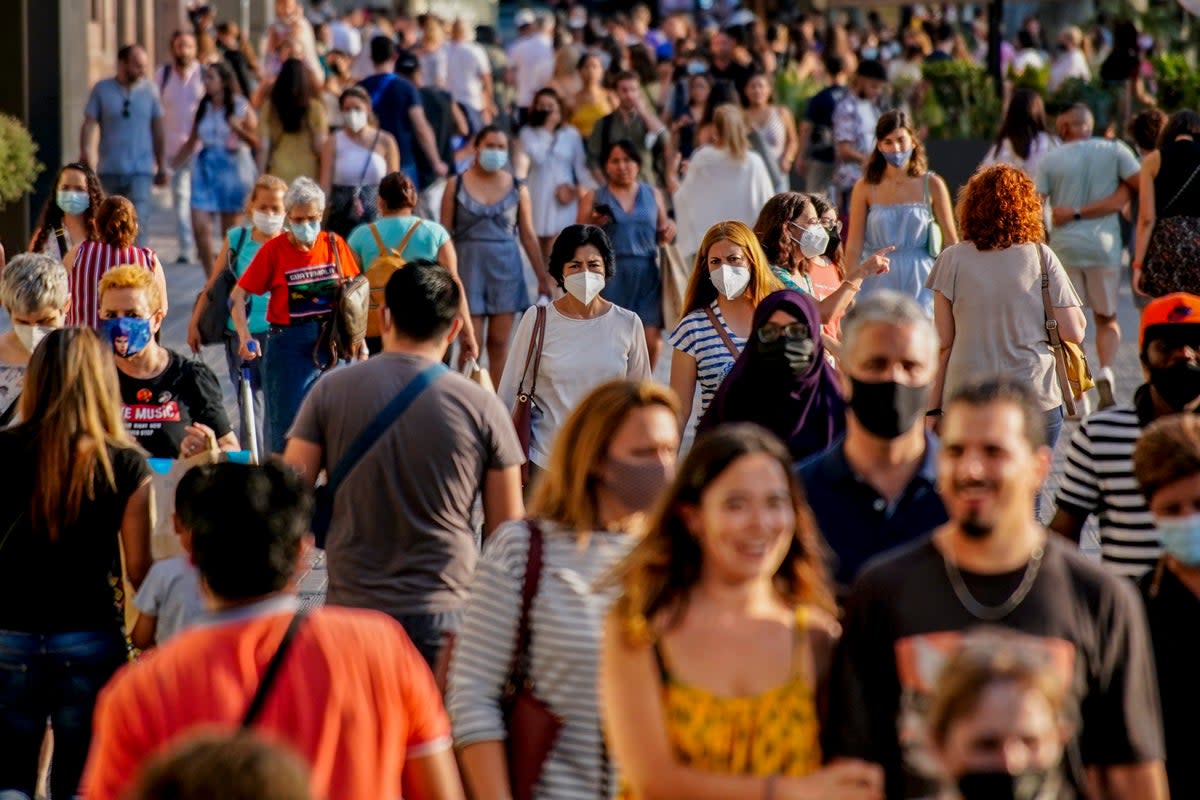Public more supportive of climate policies since pandemic, study finds

More ambitious climate change policies are needed as public support for them has increased since the Covid pandemic, researchers have said.
A study conducted by a Spanish university found the country’s population had “a stronger perception of climate change as a serious threat” and were more open to action to tackle it.
However, while support for climate policies had risen, expectations for the future were found to be more pessimistic.
The researchers found many people did not expect governments and individuals to act on global warming as they believed post-Covid economic recovery has become the priority and has overshadowed concerns for the environment.
Economist Jeroen van den Bergh led the team of researchers at the Institute of Environmental Science and Technology of the Universitat Autonoma of Barcelona (ICTA-UAB), which analysed the public’s expectations about future climate action using their responses to an online survey.
The majority of the public’s opinions reflect negative expectations for the future, including that an increase in disposable plastic used during the pandemic – such as masks and gloves – would set efforts back.
About 31 per cent of the respondents were more positive, as they reflected the attitude that Covid was an environmental wake-up call by having forced people to change their consumption and travel habits.
A small number of people (8.2 per cent) were found to have seen little to no connection between Covid and climate action in the study that has been recently published in the online science journal PLOS ONE.
But most respondents still express negative views and, according to lead study author Ivan Savin, “expectations of future climate actions by the government and the people tend to strongly correlate.”
Mr Savin added: “Also, those most optimistic about future climate action tend to be younger, male, better educated, with a stronger perception of climate change as a serious threat and a more positive experience with Covid-19 confinement.”
The study’s finding of generally pessimistic expectations contrast with that by another study recently published in the journal Ecological Economics, by the same group of researchers.
This second study, led by ICTA-UAB researcher Stefan Drews, analysed how citizens’ engagement with climate change has changed over time.
They compared survey data of the same group of respondents from months before and after Covid-19.
The researchers found that public support for climate policy tended to be slightly higher after the pandemic, even in respondents who had negative health or economic experiences related to the coronavirus.
Mr Drews said: “This suggests that public expectations about other citizens (shown in the first study) may be more negative than current reality since (as the second study demonstrates) positive changes in public opinion have taken place.”

 Yahoo News
Yahoo News 
